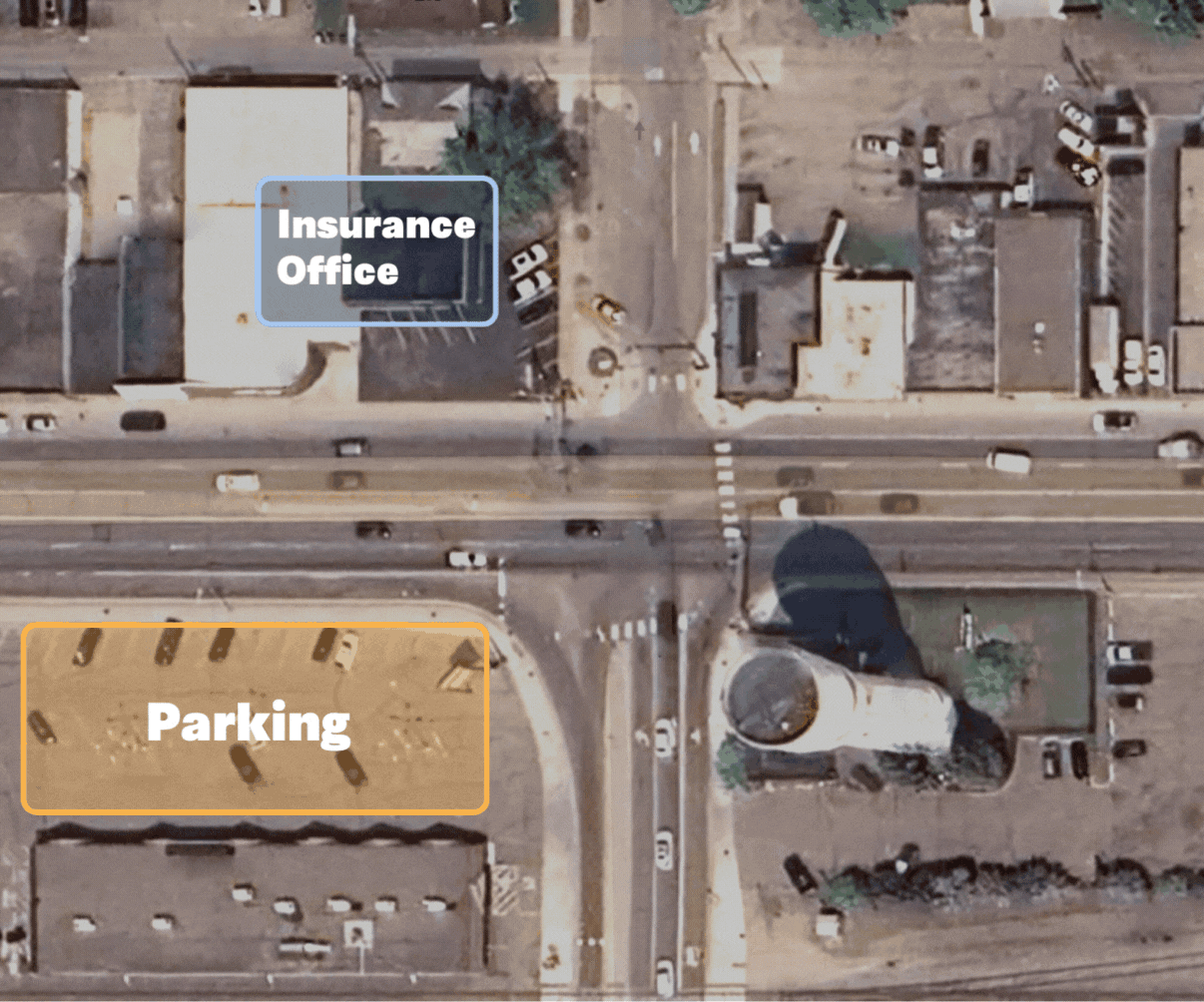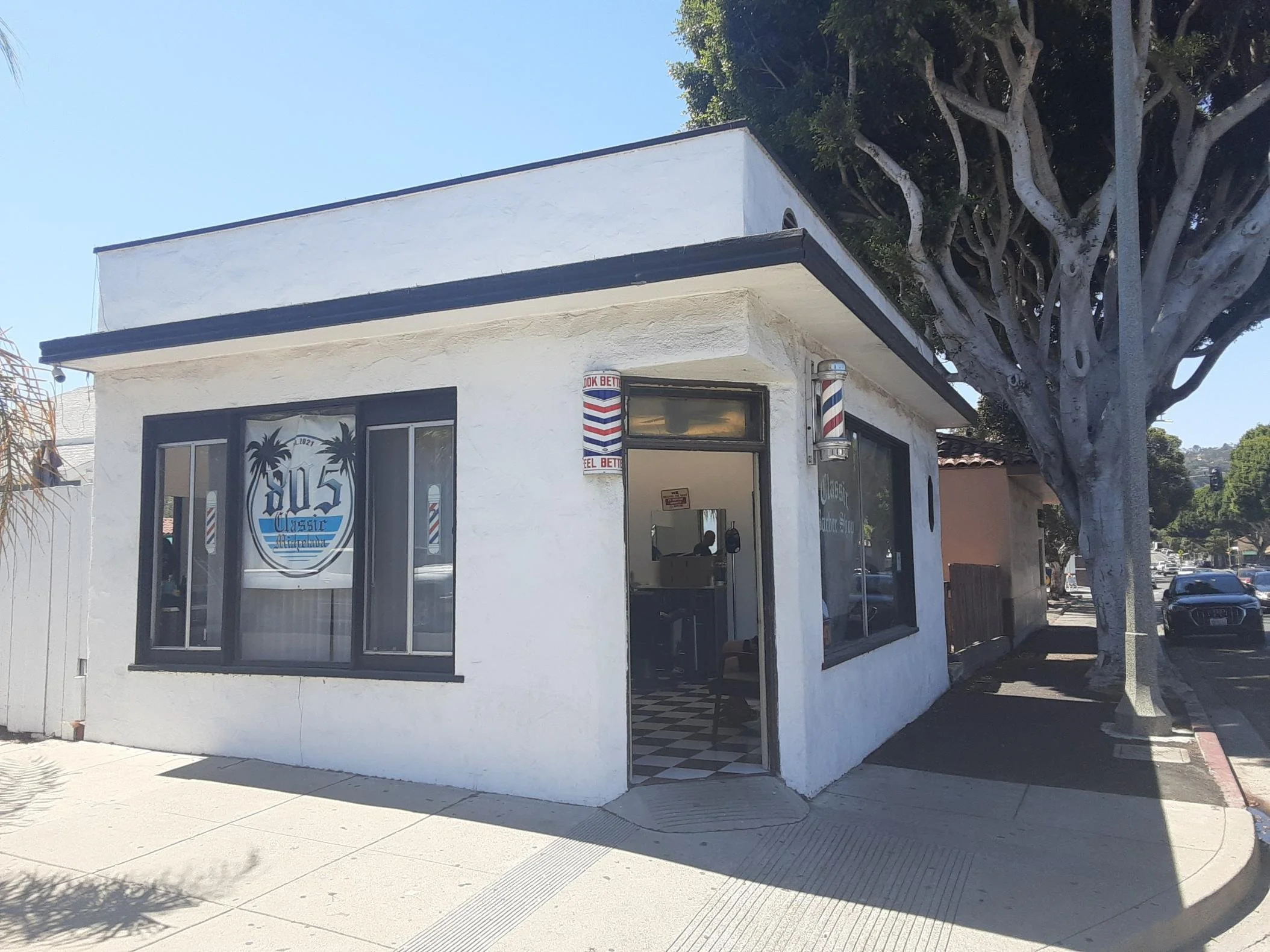It’s Obvious: Gutting Your Downtown for Parking Won’t Help Local Businesses
In my many travels across North America, I have consistently discovered two types of chambers of commerce. The first embraces a service role, one that reflects an understanding of the symbiotic relationship between a healthy business ecosystem and a strong and prosperous community. The second I will simply call pro-business, a kind of single-focused advocacy one expects of legal counsel.
The service mindset recognizes that what is good for businesses must also be good for the community and that the two can’t exist in a rivalrous relationship. The pro-business mindset leads with the mentality that what is good for business is de facto good for the community and that everyone prospers when the community grows.
The struggle between these two approaches is foundational to my story at Strong Towns. Here in my hometown of Brainerd, Minnesota, we have always had a chamber presence with a pro-business approach. In fact, the principles of Strong Towns — which we developed at our founding and have not changed since, as they are still core to our approach — were heavily influenced by my experiences with the mindlessly pro-growth, pro-jobs, pro-business approach that was bankrupting our entire region. Our chamber was central to that approach.
Strong Towns Principles
- Strong cities, towns and neighborhoods need strong citizens working together to improve the community.
- Local government is not the lowest level of government, but the highest level of collaboration for strong citizens working to build a prosperous place.
- For local governments, financial solvency is a prerequisite for long-term prosperity.
- Land is the base resource from which community prosperity is built and sustained. It must not be wasted.
- A transportation system is one of many means of creating prosperity in a community, but never an end unto itself.
- Job creation and economic growth are the results of a healthy local economy, not substitutes for one.
I’m reflecting on this because my neighborhood is, once again, on the losing end of the mindlessly pro-business approach, with our chamber stepping in to lecture us for our misplaced nostalgia. When the local paper reported on another home being torn down for [checks notes] more parking, our chamber president scolded those lamenting the loss.
The #LakesProud hashtag there activated my gag reflex. What are we proud of in the Brainerd Lakes Region? Are we proud that this same chamber also supported the demolition of multiple homes just up the street for [checks notes] a larger parking lot?
Are we proud that this chamber supported the razing of a perfectly sound school building just up the street for [checks notes] more parking? If you weren’t from here, you might think we had a major parking shortage. On the contrary, those who live in the city of Brainerd — which our chamber president does not — recognize that parking is the dominant feature of our denuded landscape.
You see, we’re “pro-business” here. In the mindset of our regionally focused chamber, the faster you can drive through the city and the more options you have to park, the better off the region will be.
Note that our chamber represents the region, not the city. The chamber would argue, of course, that the city is part of the region, and that’s a convenient argument since the city’s role in this relationship is to lessen itself — to sacrifice not only our quality of life but also our financial strength and resiliency — for the good of the whole. We’re very noble folk here in the city.
Side note: The median household income in the city of Brainerd is $46,933, while the surrounding county combined with Brainerd is $65,975. Keep in mind that the county’s 41% greater median income is statistically weighed down by the city’s relative poverty; the regional median income is actually much higher. And, yes, we did the Urban3 analysis here years ago and it showed, quite predictably, that the most financially productive part of the entire region is Brainerd’s downtown and the surrounding core neighborhoods. Downtown Brainerd is financially more productive, block by block, than the highway bypass in the neighboring city of Baxter, which includes all the big box stores, franchise restaurants and other highly valued chamber patrons.
The irony about the latest building to be torn down is that there is an astounding amount of unused parking mere feet from the front door of the business, but that parking is completely inaccessible because of what we did — at the urging of the regional chamber of commerce — with the old highway through town.
Back in 2015, as the city was planning the reconstruction of the old highway, a group of Brainerd residents put together an alternative vision to turn the corridor back into a city street. I was part of that group. You can still see parts of the old website outlining our vision (at least the parts that the Weebly platform hasn’t deleted).
Our approach was to lean into Brainerd’s walkable DNA, to use the reconstruction as an opportunity to make the city more walkable for residents. In particular, this was a small business strategy, a way to strengthen the connection between the downtown core and the thousands of potential patrons who live within walking distance of it — my friends and neighbors, who are routinely induced to drive to the neighboring city for things that used to be available here.
We put together cross sections for what a great street could look like, one that not only handled all of the traffic (there isn’t much) but [checks notes] provided a significant amount of new on-street parking.
You’ll never guess who was critical in opposing that plan.
The old article in the newspaper undersells the chamber’s influence. While the chamber president is quoted as saying that the “road" — notice they didn't say "street" — "needs to remain a commercial route” and that they “strongly support 12-foot lanes,” the plan that was ultimately approved was a compromise worked out between the mayor at the time and the chamber president. The central tenet of that plan was that the purpose of South 6th Street (or “Business Highway 371,” as they called it) would continue to be getting people through town quickly. Those of you who have been here a while might recognize South 6th as a street I’ve used for multiple memes, including this one.
Here’s why this is important: Accommodating the highway geometry that was demanded by the local chamber of commerce made the empty parking lot across from the insurance office all but unusable.
Because of the configuration of the roadway, one of the pedestrian crossings on Washington Street was removed to accommodate the (theoretical) high volume of traffic. So anyone wanting to park in the spacious and always-empty parking lot on the south side of the street needs to wait through three signal cycles to cross 12 highway-scaled lanes in the center of town.
Our local chamber — which represents the region with a pro-business growth focus — fought city residents to keep a highway through the middle of the city. That highway made a part of the city that was already devoted to parking unusable. This prompted a local affiliate business to tear down a historic home to expand parking.
And then the chamber president scolded us for being nostalgic.
Many of us have experienced organizations that once served us well becoming larger and more disconnected from the community. This is usually done to give the organization more capacity, more efficiency and more clout. Yet, those gains to the organization are frequently offset by decreasing focus, mission creep, and an ethos that ceases to serve the public and starts to serve itself. When that happens, it is time to consider alternatives.
My hometown of Brainerd is a unique city in the region. We have our own unique needs and priorities, some of which directly conflict with the desires of the region (which is, quite frankly, exploiting us in many ways). Brainerd once had its own chamber of commerce. It needs its own once again. #BrainerdProud
You might find yourself and your community in a similar situation. If so, don’t be afraid to state what is likely obvious to everyone. There may even be people in your area already working to change things for the better. Click the banner below to find a Local Conversation near you or to learn how to start your own.











Charles Marohn (known as “Chuck” to friends and colleagues) is the founder and president of Strong Towns and the bestselling author of “Escaping the Housing Trap: The Strong Towns Response to the Housing Crisis.” With decades of experience as a land use planner and civil engineer, Marohn is on a mission to help cities and towns become stronger and more prosperous. He spreads the Strong Towns message through in-person presentations, the Strong Towns Podcast, and his books and articles. In recognition of his efforts and impact, Planetizen named him one of the 15 Most Influential Urbanists of all time in 2017 and 2023.